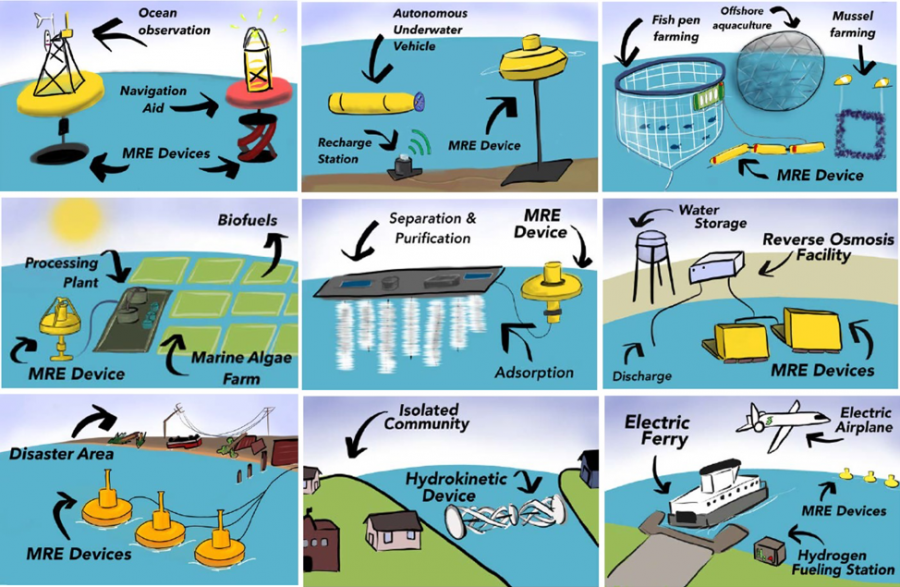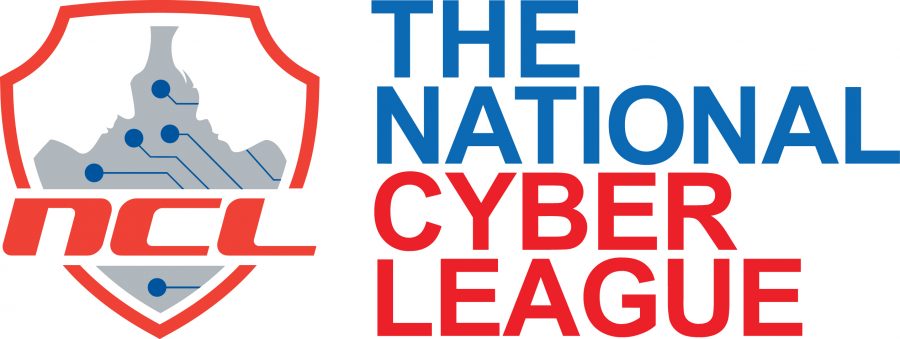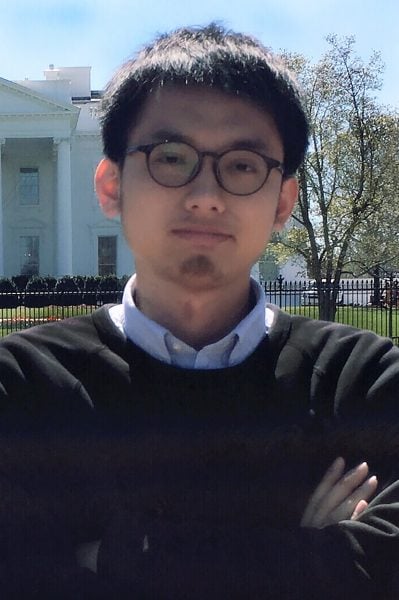
The Institute of Computing and Cybersystems (ICC) is pleased to welcome Tony Pinar as a member. Pinar’s primary research interests are in applied machine learning and data fusion.
A lecturer in Michigan Tech’s Electrical and Computer Engineering department, Pinar holds a Ph.D. and M.S. in Electrical Engineering from Michigan Tech. His previous positions include research engineer for Michigan Tech’s Advanced Power System Research Center and electrical design engineer for GE Aviation. He is a member of the Institute of Electrical and Electronics Engineers (IEEE) and the IEEE Computational Intelligence Society.
Pinar’s teaching interests include machine learning, signal processing, and electronic design. Included among the classes he teaches are Electronics, Electronic Applications, Probability—Signal Analysis, and Control Systems I.
“Teaching is like a puzzle where one may have to take a difficult concept, reduce it to digestible pieces, and deliver them to fresh minds in a way to maximize understanding and insight,” Pinar says. “That challenge is what drives me to be a better teacher.”
Pinar believes that to be a good teacher one must understand the topics very well and he strives for the most effective delivery. “This keeps me on my toes, forces me to constantly identify holes in my knowledge, and drives me to continuously strive to learn new things,” he explains.
On research, Pinar says it is rewarding to work on open-ended and novel problems that are in their infancy and at the cutting edge of today’s technology.
“It is also exciting to me to watch the cutting edge move forward, see what sticks and what doesn’t, and observe how the direction(s) of the field evolve,” he adds. “I’m very new to this domain so I haven’t been able to observe it for long, but I am looking forward to witnessing the future of the field.”







